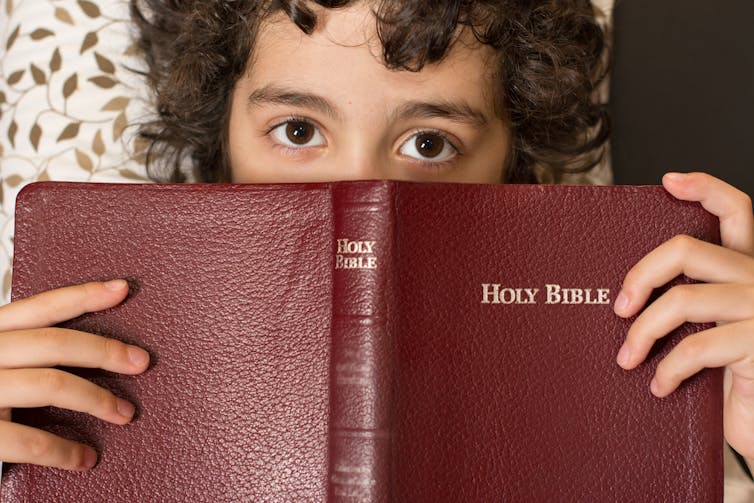In recent weeks the issue of the religious content of Australian education has been hotly debated. Last week The Age reported the latest development. Principals in several Victorian state schools had ceased to offer special religious instruction (SRI) in their schools.
The original article suggested that this was despite a legal requirement that SRI be provided. The article was later corrected, removing any reference to legal requirements. Instead, the article reported:
Current Education Department guidelines state that principals ‘must’ schedule the contentious ‘special religious instruction’ (SRI) classes in the school timetable when accredited and approved instructors are available…
SRI is offered in government schools in every state and territory. The practice is not uncontroversial. It is therefore reasonable to ask: are schools required by law to offer SRI classes?
To answer this question, the nature of Australia’s education system needs some explaining. Education is a state issue. Each state and territory has its own laws governing the provision of both government and non-government education.
While the federal government contributes significant funding to education and is responsible for funding the controversial National School Chaplaincy and Student Welfare Program (NSCSWP), it does not have a say in the provision of SRI or in whether or not education in government schools is secular. The laws governing the religious content of education vary between jurisdictions.
Secular education is enshrined in the laws of most states and territories. For example, Victoria’s Education and Training Reform Act provides that:
education in government schools must be secular and not promote any particular religious practice, denomination or sect.
Legislation in the Australian Capital Territory, New South Wales, Tasmania and Western Australia contains similar provisions. By contrast Queensland, South Australia and the Northern Territory have no laws mandating secular education, although in practice education in government schools is secular.
Even in those states and territories where secular education is mandated this does not mean that religion is totally excluded. In addition to SRI classes, several state and territory laws specifically define “secular education” as including general religious education. For example, the New South Wales Education Act provides that:
the words secular instruction are to be taken to include general religious education as distinct from dogmatic or polemical theology.
Western Australia’s School Education Act even allows for prayers to be said at school events.

So what about SRI? The law in all states and territories allows for SRI in government schools. In the Northern Territory, Tasmania, Victoria and Western Australia, school authorities may provide SRI but are not obliged to do so. Victoria’s Education and Training Reform Act provides that:
Special religious instruction may be given in a government school in accordance with this section.
The important word is “may”: schools are permitted but not required to provide SRI classes. Many still choose to do so.
However, in the Australian Capital Territory, New South Wales, Queensland and South Australia, the law requires that schools provide SRI classes.
New South Wales and South Australia have a bare legal requirement that schools provide for SRI. However, in the Australian Capital Territory schools are required to provide SRI only if parents at the school request the principal to do so. In Queensland the requirement is formulated differently. Queensland’s Education Act states:
Any minister of a religious denomination or society … shall be entitled during school hours to give to the students in attendance at a state school who are members of the denomination or society of which the person is a minister …
It is the religious denominations that control whether or not SRI is provided in Queensland government schools.
It is important to note that even in those states and territories where the provision of SRI is mandatory, the attendance of individual students is not. All states and territories make provision for parents to withdraw their children from SRI classes.
The answer to the question of whether or not schools are legally obliged to provide SRI depends upon which state or territory you live in. Australia’s federal system means each jurisdiction can make up its own mind. The Age was correct to amend its article in relation to Victoria but if the article had been reporting on New South Wales then it would have been right the first time.

